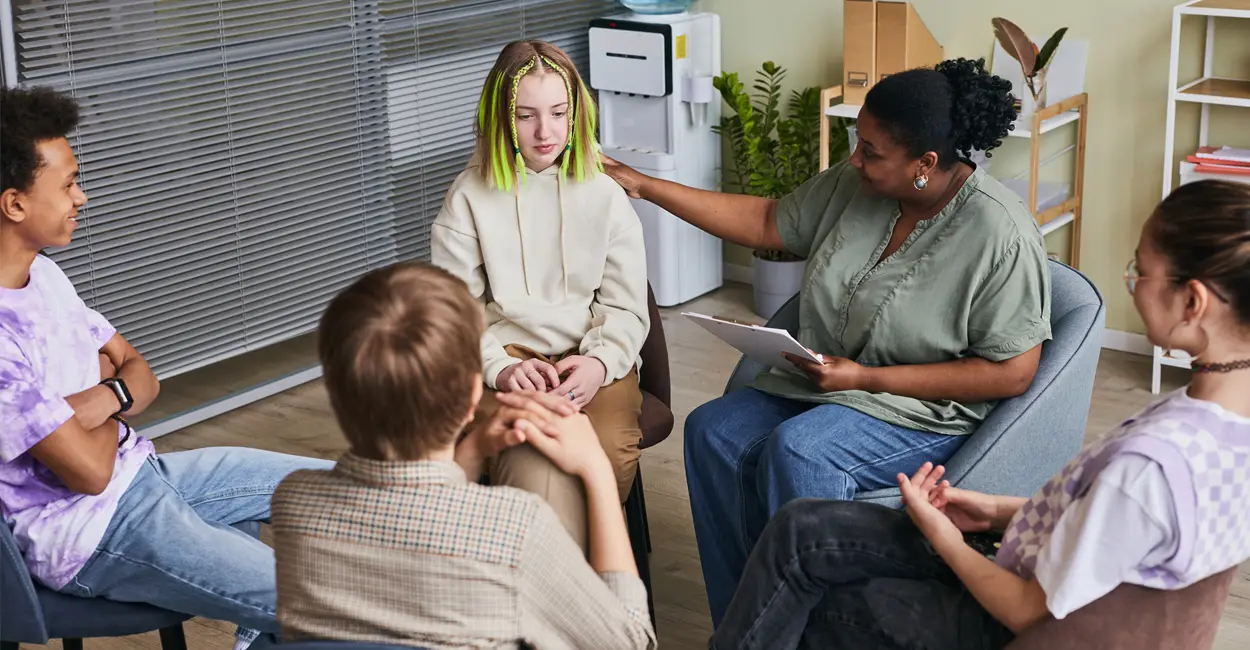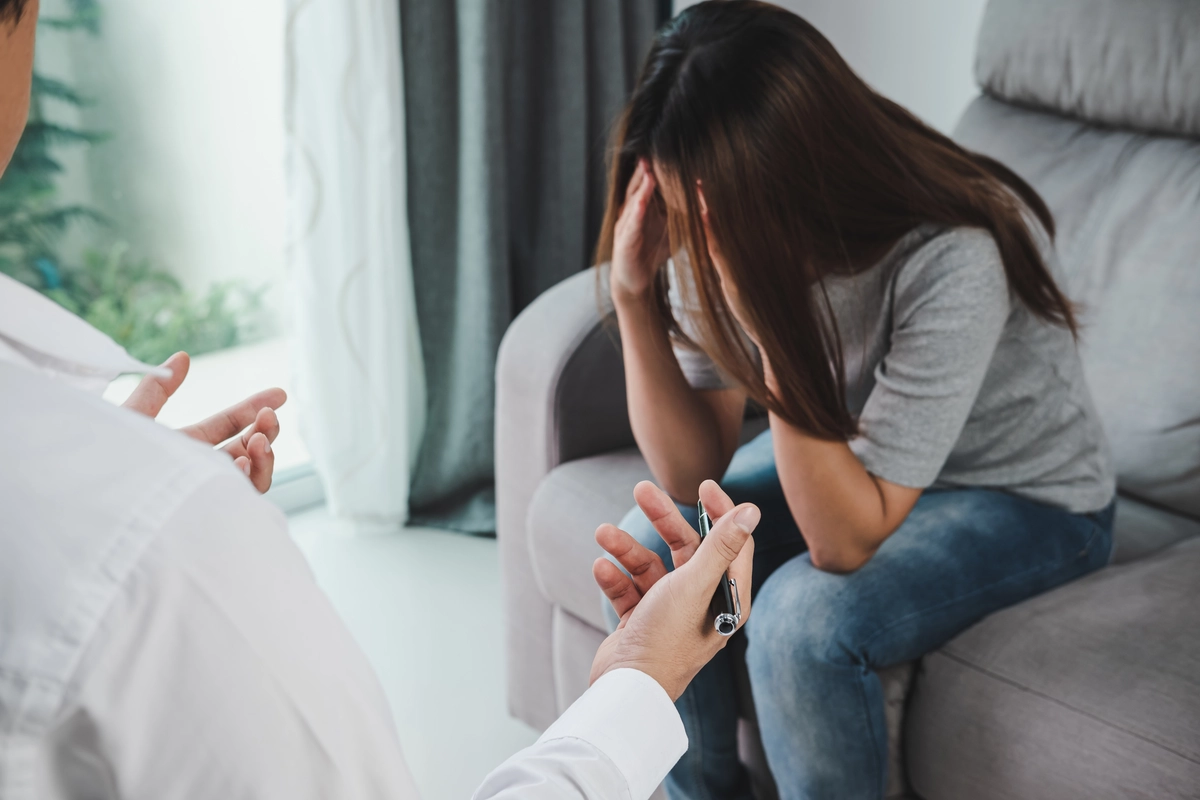24/7 Helpline:
(866) 899-221924/7 Helpline:
(866) 899-2219
Learn more about Depression Treatment centers in Union County

Other Insurance Options

Covered California

Medical Mutual of Ohio

CareFirst

MHNNet Behavioral Health

Highmark

UnitedHealth Group

Kaiser Permanente

Holman Group

Ceridian

Ambetter

ComPsych

GEHA

AllWell

Regence

CareSource

Group Health Incorporated

Cigna

WellCare Health Plans

Lucent

Health Net

Oxford Treatment Center
Oxford Treatment Center, in Etta, Mississippi, is a luxury, 12 step focused drug and alcohol rehab f...










































